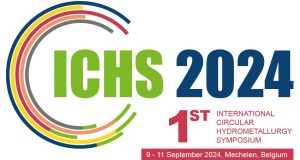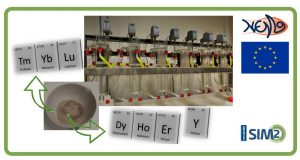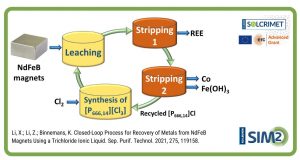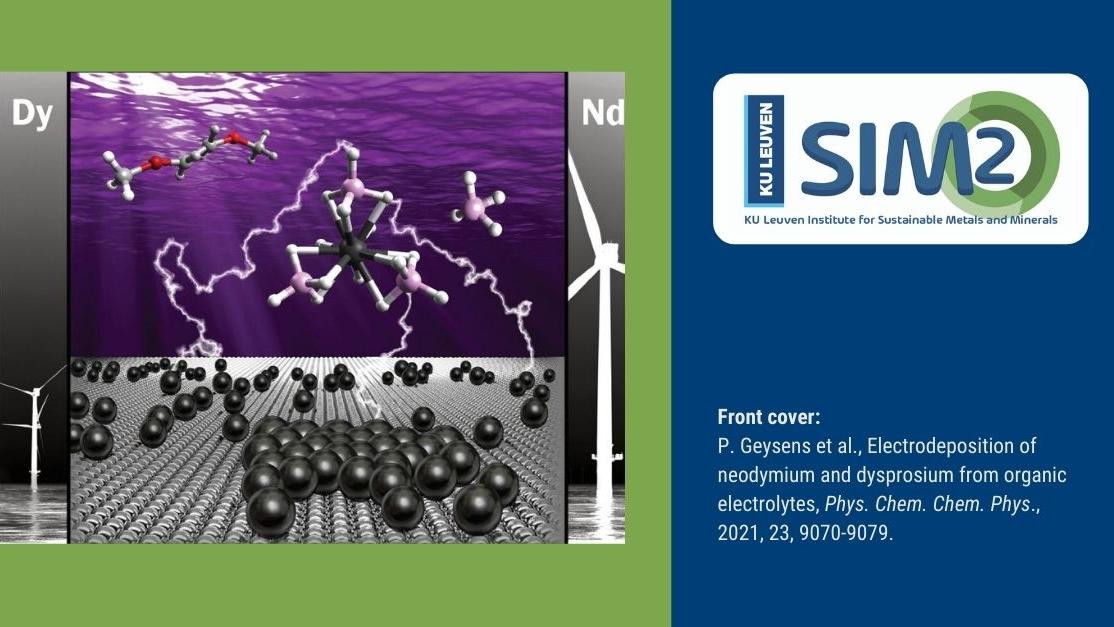Prof. Koen Binnemans (General Coordinator of MC/MSCA ITN/ETN EREAN, DEMETER and REDMUD was invited to give a talk at the “Critical Raw Materials in Everyday Applications” workshop (Brussels, 26-27 September 2016) that was organised to bring Critical Raw Materials experts in contact with EU Policy Makers.Prof. Binnemans provided a clear Policy Brief message to the EU Policy Makers, concerning the need for a concerted efforts for continued CRM research, not despite of but rather because of the current low prices for CRMs. This message can be read in the publicly available presentation. Download here.
Executive Summary: At the height of the rare-earth crisis in 2011, it became evident that Europe has lost most of its expertise in the recovery of rare earths from ores, the separation of mixtures of rare earths into the individual elements and the transformation of rare-earth oxides into magnet alloys or other rare-earth compounds, due to the more than 20 years of monopoly of China in the field of rare earths. Most of the experts in the European rare-earth industry had moved to other fields or had retired. The EC has made large investments in FP7 and Horizon2020 project to secure the supply of rare earths and other critical raw materials in Europe. Many new technologies have been developed thanks to this EC funding. Unfortunately, the inventors are facing huge difficulties to further develop these technologies and to bring these to the market, due to the current low prices of the rare earths and other critical metals. However, Europe must draw lessons from the past and must not make the mistake of losing the expertise and knowledge that has been built up during the last few years. Therefore, it is strongly recommended that the EC continues to support project proposals to further develop new technologies in the field of critical raw materials to prepare the European companies for the next rise in the prices of the rare earths, which can surely be expected in the near future.
Download here: policy_brief_crm_research_binnemans_2016

 European Training Network for the Design and Recycling of Rare-Earth Permanent Magnet Motors and Generators in Hybrid and Full Electric Vehicles (DEMETER)
European Training Network for the Design and Recycling of Rare-Earth Permanent Magnet Motors and Generators in Hybrid and Full Electric Vehicles (DEMETER)



